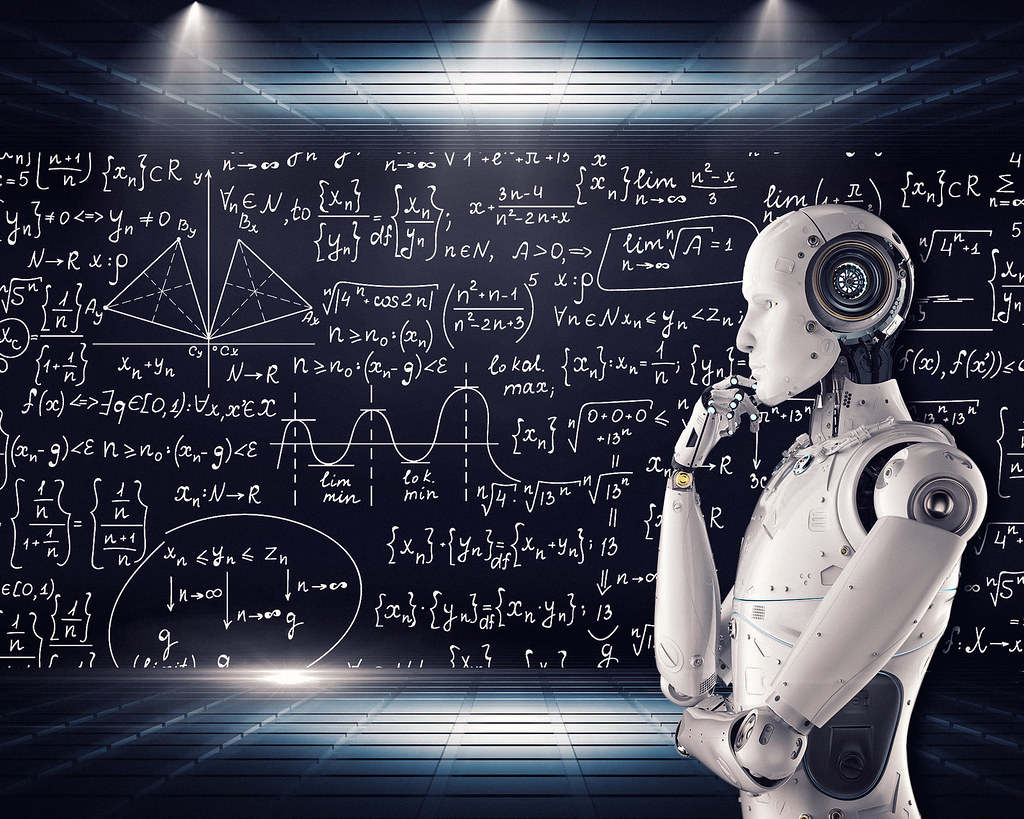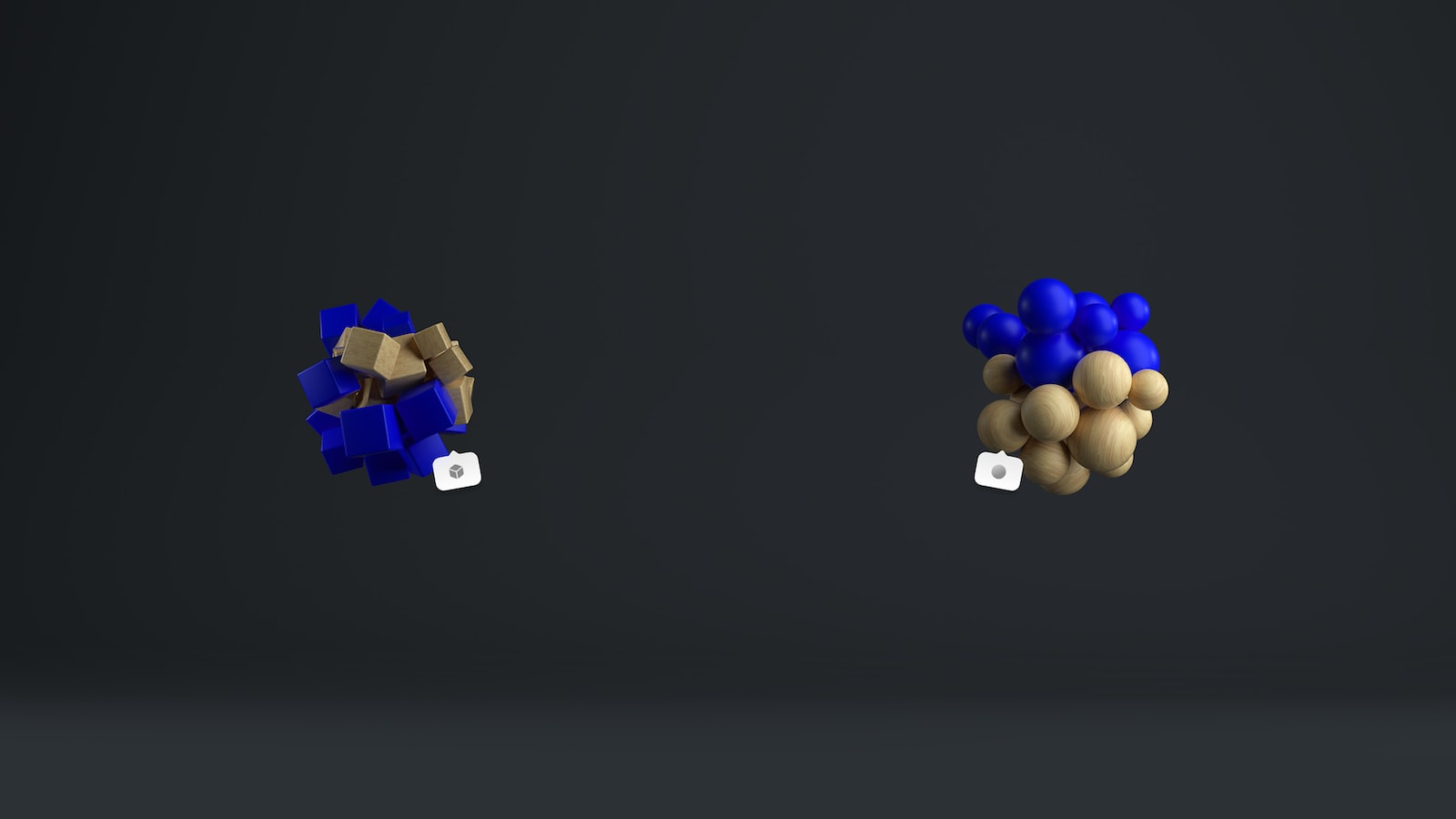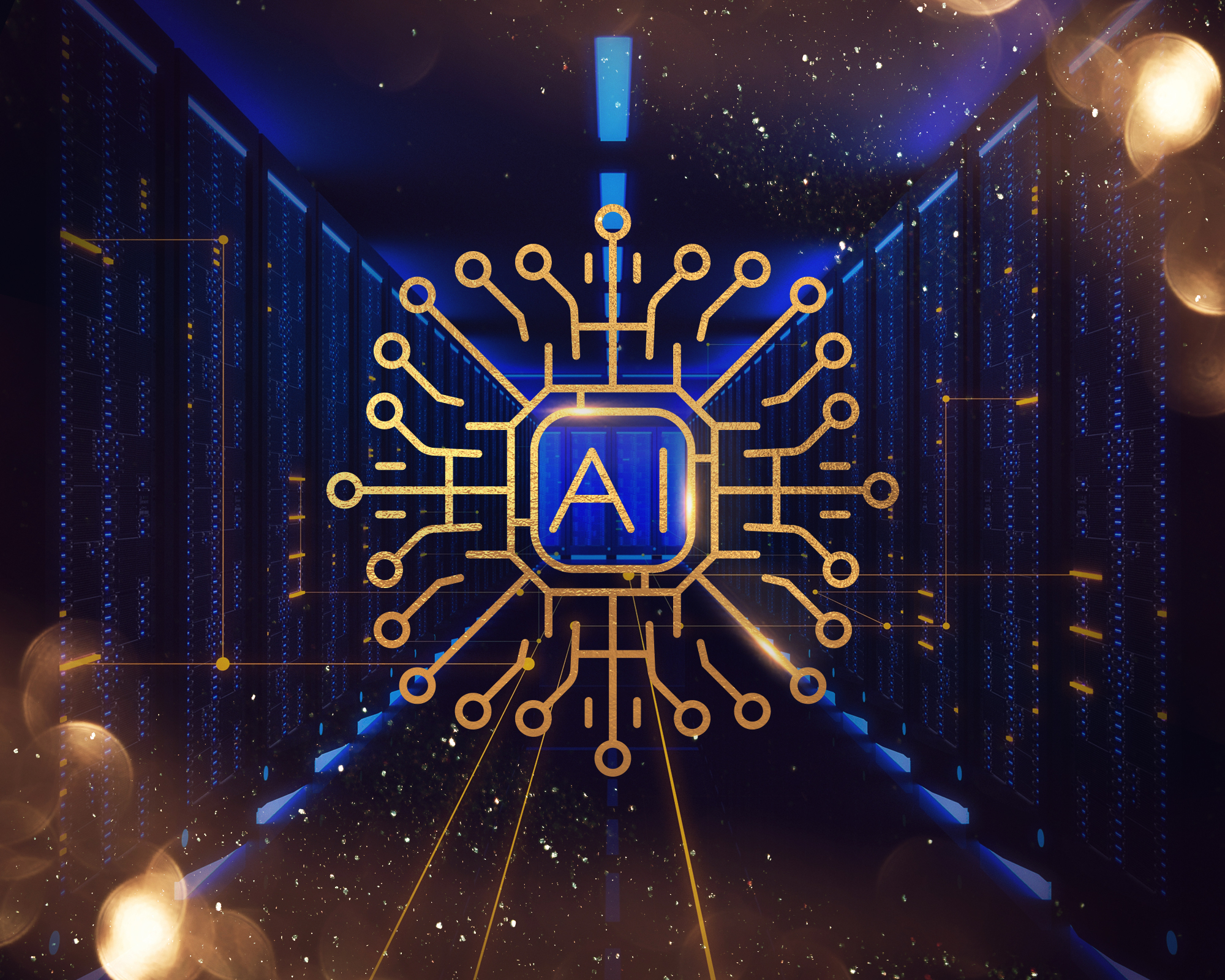The marriage between music and technology has always been a passionate affair. With advances in artificial intelligence, this relationship is becoming even more intimate. AI promises to revolutionize the way music is created and produced. In this article, we will explore the potential impacts AI can have on the music production and the industry as a whole.
1. Understanding AI in Music Production
Artificial intelligence (AI) has become increasingly prevalent in the world of music production, offering a range of possibilities to producers. AI-based approaches can facilitate a range of tasks for composers – from the creation of music, to sound design, to vocal production.
In general, AI in music production can be split into two categories: Music Generation and Music Exploration. Music Generation uses AI to create entire pieces of music from the ground up, while Music Exploration uses AI to explore the possibilities of existing music. AI-based tools such as these can be used to create or explore a wide variety of musical genres, from soaring instrumentals to fully realized pop songs.
- AI-based Music Generators
- AI-based Sound Designers
- AI-based Vocal Production Tools
- AI-based Music Exploration Tools
Music Generation methods range from statistical models to deep learning systems, and utilize various data sets to generate intricate musical compositions. Similarly, Music Exploration uses AI to create variations of existing pieces of music by exploring multiple possibilities and mapping their relationships. AI-based Sound Designers can intelligently select the right sounds for any particular piece, and AI-based vocal production tools can produce realistic sounding vocals with ease. By leveraging AI-driven tools such as these, producers can craft complex and powerful productions with greater speed and accuracy.
2. Analyzing the Effects of AI in Music Production
Artificial intelligence (AI) has revolutionized the way music production is done, replacing sophisticated, traditionally manual processes with computer algorithms. AI can recognize patterns in sound and apply them to generate data that can be used to create complex musical compositions. AI-generated compositions offer a new way to explore the boundaries of creativity and how musical forms interact with one another.
AI-based music-generation algorithms are helping music producers to automate many of the processes usually done manually. For example, AI can be used to compose a complete track with different instrumentation and then to customize it according to certain parameters. It can help to identify chord progressions and suggest sections of the song that can be reworked. Furthermore, AI can process and analyze pre-recorded audio samples to assess how they sound in 68 different key signatures. The potential applications for AI in the music production process are vast and growing.

3. Exploring the Benefits of AI in Music Production
As AI continues to make major strides, it is quickly becoming the norm for various aspects of current life. Music production is no different, and many of its benefits have recently been brought to light. AI can drastically improve the production process, allowing for creativity and efficiency to go hand in hand. Here are some of the primary benefits:
- Faster Mixing Times: AI technologies are able to mix and master audio tracks more quickly and accurately than ever before. AI-powered algorithms are able to make decisions in an instant, ensuring that mixes are done quickly and at a very high quality.
- Lower Cost: AI eliminates the need for humans to tediously mix a track, thus bringing down the overall cost of production. AI is also able to identify certain sound patterns, making it easier to spot errors quickly.
- Greater Accuracy: AI is not only able to mix and master audio quickly, but also accurately. AI is able to identify specific nuances in music that would typically go unnoticed by the human ear, thus allowing for a better overall mix.
- Enhanced Creativity: AI opens up new doors for creativity, allowing for music producers to explore their creative potential. AI-powered algorithms can be programmed to generate beats and instrumentals that are completely unique, giving producers new sounds to work with.
AI has certainly made a profound impact on music production, and its benefits are far-reaching. The speed, accuracy, and creativity that it brings are invaluable to any music producer, and the future of AI in music production looks promising indeed.

4. Evaluating the Challenges of AI in Music Production
Artificial Intelligence (AI) is increasingly becoming more pervasive in various sectors, and media production – such as music – is no exception. While the potential of AI in creating music is tantalizing, those tasked with production have some challenges that must be overcome.
Implementation and Adoption - AI in music production requires human-to-machine collaboration. Challenges such as configuration, coordination, and deployment of the technology must be accounted for before any AI-generated music is put out into the world. As well, it requires buy-in from the people in the production team to recognize the value that AI can bring to the music.
Cost and Scalability – Music producers exploring AI need to consider the cost benefits of automatic music creation and generation. Does it make financial sense to use AI in the production process compared to outsourcing or traditional techniques? How scalable is the solution to ensure that larger production rhythms can be kept without AI getting in the way?
Lack of Control – It’s important to recognize that AI in music production does take away certain levels of control and autonomy. AI solutions may not have the same preferences for musical style, tempo, and atmosphere that a human would. As such, certain tools should be included to give the user more fine-grained control over the AI’s behavior.
As AI continues to evolve, so too does the potential of music production. It looks like AI could be the key to taking music-making to the next level, and the future of music production looks to be even more exciting. Who knows what AI could achieve in music production in the years to come? One thing is certain – AI is truly revolutionizing the power of music.

